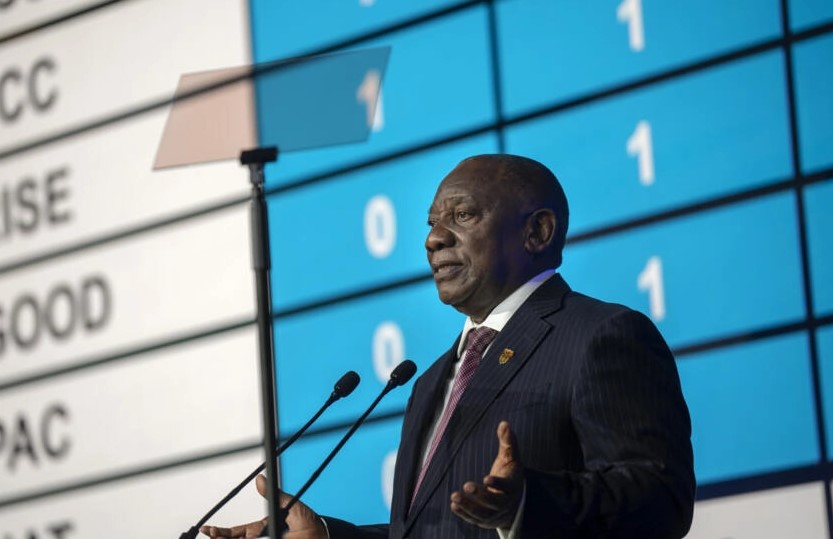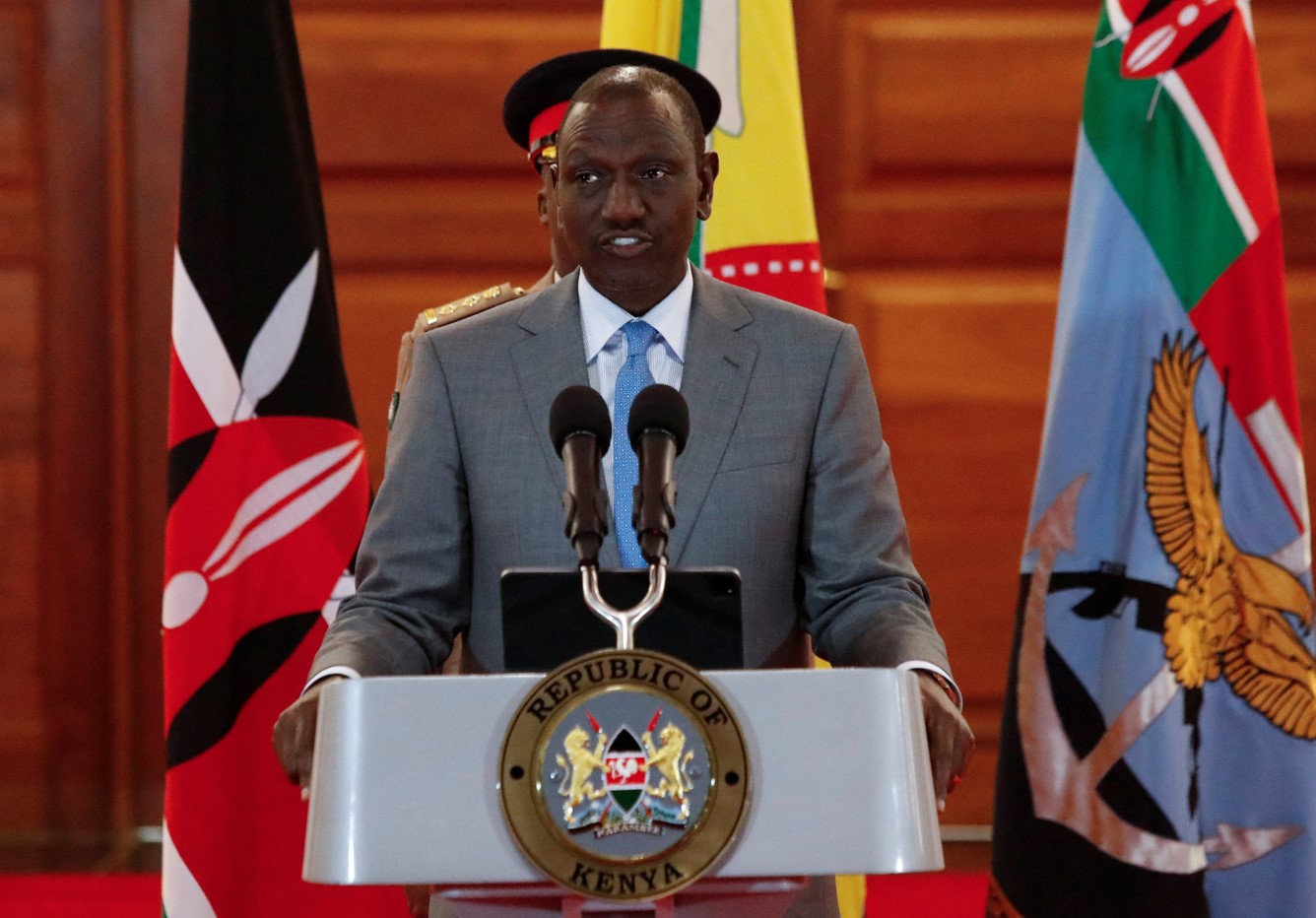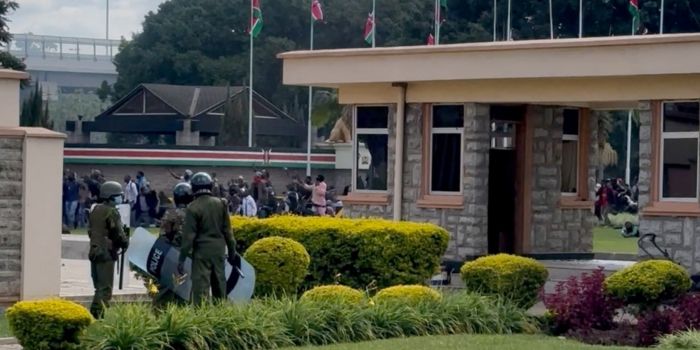Temporary reprieve for TSC as court suspends conversion of intern teachers to permanent staff

By Lucy Mumbi |
The court issued the suspension against the Employment and Labour Relations Court's directive which had mandated the TSC to transition the intern teachers to permanent positions.
The Court of Appeal has temporarily suspended a previous ruling that would have required the conversion of 46,000 trained and qualified teachers from interns to permanent and pensionable employees.
Justices Asike Makhandia, Sankale Ole Kantai, and Ngenye Macharia issued the suspension against the Employment and Labour Relations Court (ELRC) directive which had mandated the Teachers Service Commission (TSC) to transition the intern teachers to permanent positions.
Keep reading
The judges have now ruled that the stay will remain in effect until the case is fully heard and determined.
On April 18, 2024, Justice Byrum Ongaya ruled that the TSC had violated the teachers' right to fair labour practices by hiring them under intern status despite their qualifications and possession of teaching licenses.
Justice Ongaya then ordered the Commission to halt the recruitment or retention of interns or student teachers, asserting their primary role should be employment rather than training.
“The respondents have failed to show statutory, regulatory, or policy arrangements that allow the first respondent (TSC) to employ interns. Ideally, the TSC should hire registered teachers on fair terms to fulfil optimal staffing needs in public schools,” Justice Ongaya said.
The ruling prompted the intern teachers to hold protests at the start of the second term until the Commission complied with the directives.
Disrupted operations
However, on Tuesday, the TSC, led by CEO Nancy Macharia, argued that the ruling by Justice Ongaya disrupted their operations, as the financial resources needed to make the 46,000 intern teachers permanent were not allocated in their budget.
TSC's lawyer, Allan Sitima, contended that the rights of students in public schools were at risk due to the lack of funds to hire the interns permanently.
The TSC further asserted that the intern teachers were bound by their contracts, which they signed voluntarily, with the understanding that they were being considered for permanent positions in the following year.
“The rights of all learners in public schools underpinned under Articles 43 and 53 of the Constitution are on the verge of being violated as the Commission has no financial resources to on-board the 46,000 on permanent and pensionable terms and conditions,” Sitima said.
The Commission had been given a three-month period to either comply with the ruling or seek a higher court's intervention.
TSC had planned to hire the intern teachers on permanent terms in 2025. However, Justice Ongaya said the application meant that the Commission was asking him to sit on his own judgment clarifying that the status quo be maintained until August 1, 2024.
“It is in the interest of justice, it appears to the court that it would be appropriate for the status quo prior to the judgment to be maintained with respect to the findings and orders of the court in the judgment, pending a compromise or rearrangement of the affairs between parties or applicants filing an appropriate application at the Court of Appeal,” he said.
Following the Court of Appeal's decision, the Kenya Junior Secondary School Teachers Association (KeJUSTA) advised its members to await further clarification on the term "status quo," as used in the ruling.
“I wish to caution teachers against the misguided interpretation of the ruling and the misplacement of the term status quo as it appears in the ruling,” KeJUSTA Secretary General Daniel Murithi said.
The internship program was initially designed to address the teacher shortage and was intended to last one year, after which interns would be absorbed permanently.
However, President William Ruto announced in December that the internship would be extended for another year before considering permanent employment.
The court also heard grievances from intern teachers about being required to teach multiple subjects, including sciences and mathematics, despite their contracts specifying only two subjects.
Additionally, interns were dissatisfied that some peers were hired on permanent terms while they remained under intern conditions. There were also complaints about taxes and government contributions, including a controversial housing levy, being deducted from their stipends.



















